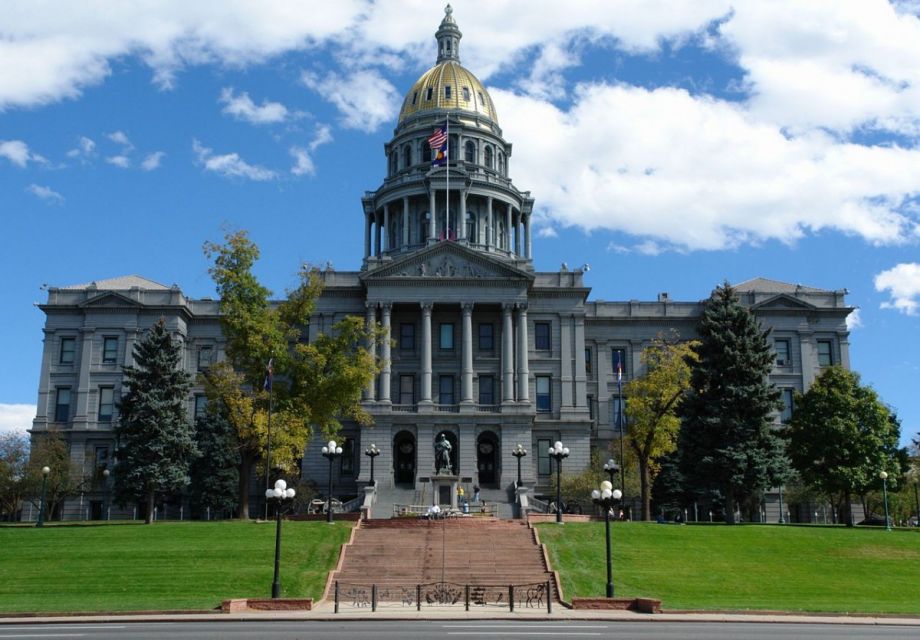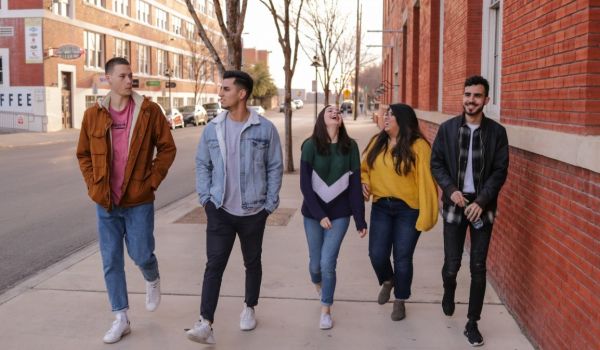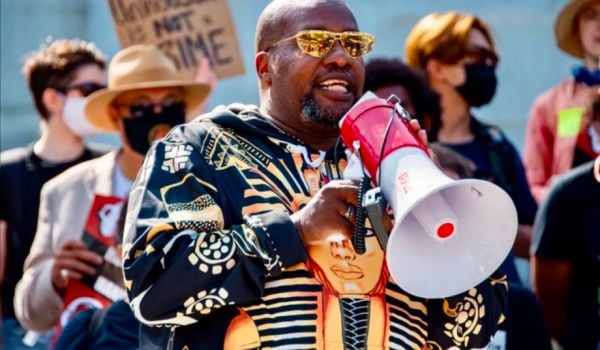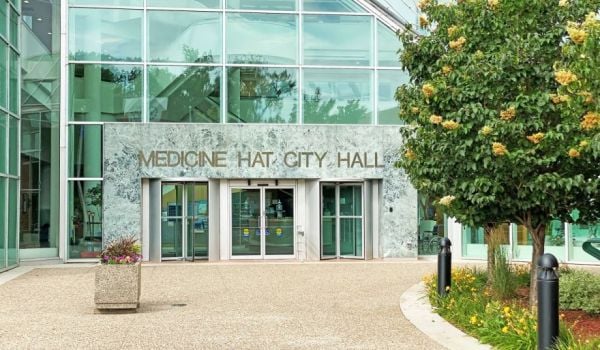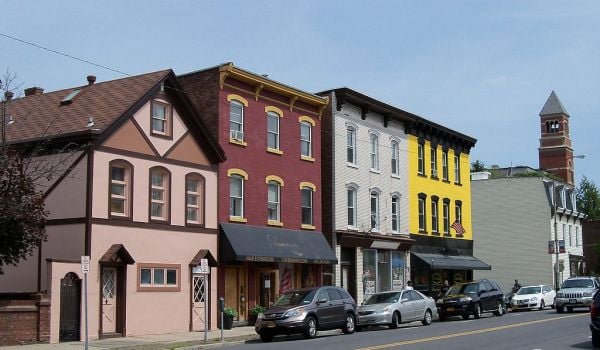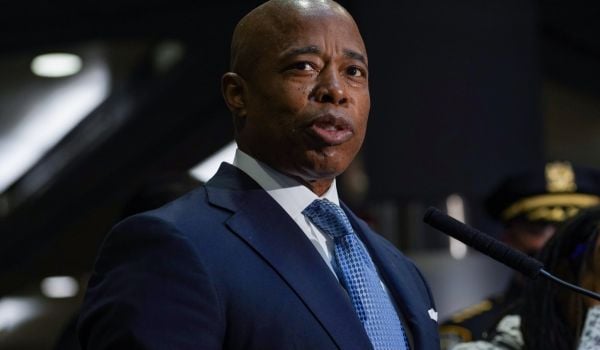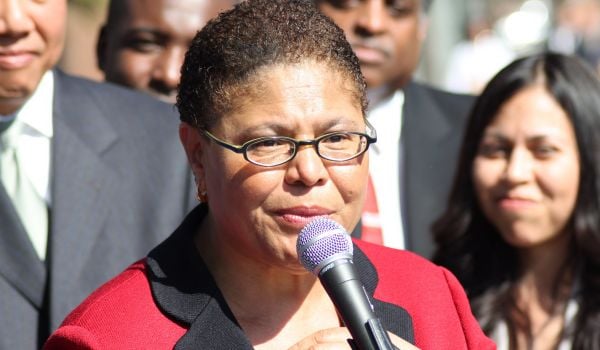Colorado Ballot Initiative Could Change How Affordable Housing Is Funded
This November, Colorado residents will vote on a ballot referendum that would direct a small portion of state income tax to new affordable housing, The Journal Record reports. Proposition 123 would set aside 0.1% of the state’s income tax revenue to local governments with the goal of increasing affordable housing stock by 3% in each jurisdiction. It would also go to programs to help teachers, nurses and other workers secure their first home and fund eviction defense and rent supplements, The Denver Post reports. The campaign estimates the proposition would set aside $300 million a year and could lead to 170,000 new units over 20 years. That falls short of current needs – according to census data, the state had a deficit of 93,000 to 216,000 units in 2020 - but it could establish a model for funding housing going forward.
Remarkably, the proposal would finance affordable housing projects in a way that shares revenue with tenants. The Denver Post reports that instead of using investment banks to lend money to developers, Prop 123 would rely on the Colorado Housing and Finance Authority, which would require a lower rate of return. A portion of profits would then be redirected to renters in a savings account.
Private lenders are hesitant to finance new buildings that won’t provide a high rate of return, viewing them as too risky. Private developers often argue that without a high percentage of market rate units to cross-subsidize affordable units, their projects would not get financing. Prop 123 suggests that the state not just finance affordable housing but take over the lending process, diverting profits to tenants, who typically pay rent for years without any kind of equity.
While the proposal is popular (an ACLU poll found 77% of respondents supported the initiative), it would still require opt-in from local governments whose residents may be dissuaded by some aspects. The proposal requires that affordable housing projects be approved within 90 days, The Denver Post reports. That requirement is meant to speed up an approval process which is often hampered by red tape and NIMBYism.
New York’s Hotels To Housing Program Is A Bust
A year in, New York’s plan to convert unused hotels into permanent affordable housing has produced zero units, Politico reports. In 2021, then-Gov. Andrew Cuomo signed the Housing Our Neighbors with Dignity Act (HONDA) which set aside $100 million for converting hotels into permanent housing. Mayor Eric Adams announced last year he would use HONDA funds to convert 25,000 hotel rooms into permanent supportive housing units for people leaving homelessness.
That plan was hampered by regulatory burdens at the state level that were eased last June, and Governor Kathy Hochul added an additional $100 million to the program. But Politico reports that additional restrictions on the types of hotels – Adams only wanted to convert non-union buildings – may have contributed to developers’ disinterest, and the window of opportunity to convert those units is likely over. The plan hinged on the glut of underused hotels that were vacant during the pandemic. But the city’s tourism is returning, and those hotels are nearing their 2019 capacity: NYC’s hotels were 81.2% full in the first week of September, compared to 39% capacity in the first week of September 2020. In September 2019, they were 87.9% full.
Denver And D.C. To Pay Unhoused People Basic Income
Both Denver and Washington, D.C. will provide a basic income to people experiencing homelessness.
Denver announced last week that its city council approved a contract to provide basic income to 140 people at a cost of $2 million, to be paid for with American Rescue Plan funds. The program will be administered by the Denver Basic Income Project, a nonprofit set up last year by clothing entrepreneur Mark Donovan. The nonprofit has already been distributing basic income to 820 people experiencing homelessness, funded by philanthropy and donations rather than public dollars.
The payments will go to women, gender non-conforming people and families who are trying to exit the shelter system, the city says. The program is modeled after similar basic income programs in Vancouver and Stockton, California.
D.C.’s Mayor Muriel Bowser has also announced a $25 million pilot project to give cash assistance of up to $10,000 to 600 families exiting homelessness. The program, funded in part with $11 million in American Rescue Plan dollars, was doubled after the mayor’s office received over a thousand applications.
The first 300 people will be enrolled by the end of the month and the next 300 will be enrolled next year. The program, called the Career Mobility Action Plan, is meant to supplement income for working families whose earnings begin to disqualify them for vital government assistance – the so-called “benefits cliff.” Bowser’s announcement did not say whether full-time work is a requirement to receive the benefits. Work requirements have been attached to SNAP and other federal benefits because of arguments that they disincentivize work. But such restrictions have proven unhelpful.
Governments around the country have been increasingly experimenting with basic income, which differs from welfare programs of the past in that it doesn’t restrict how cash is used. A group of mayors have pushed for more programs to be adopted around the country with the goal of developing a federal policy.
While there’s not a great deal of data on the impact of basic income payments on homelessness, a report on Vancouver’s program found people who received payments were 50% less likely to spend a night in a shelter within the first 3 months of the study. And 80% of those who received payments were stably housed within 6 months, compared to 50% of those in a control group.
This article is part of Backyard, a newsletter exploring scalable solutions to make housing fairer, more affordable and more environmentally sustainable. Subscribe to our weekly Backyard newsletter.

Roshan Abraham is Next City's housing correspondent and a former Equitable Cities fellow. He is based in Queens. Follow him on Twitter at @roshantone.



